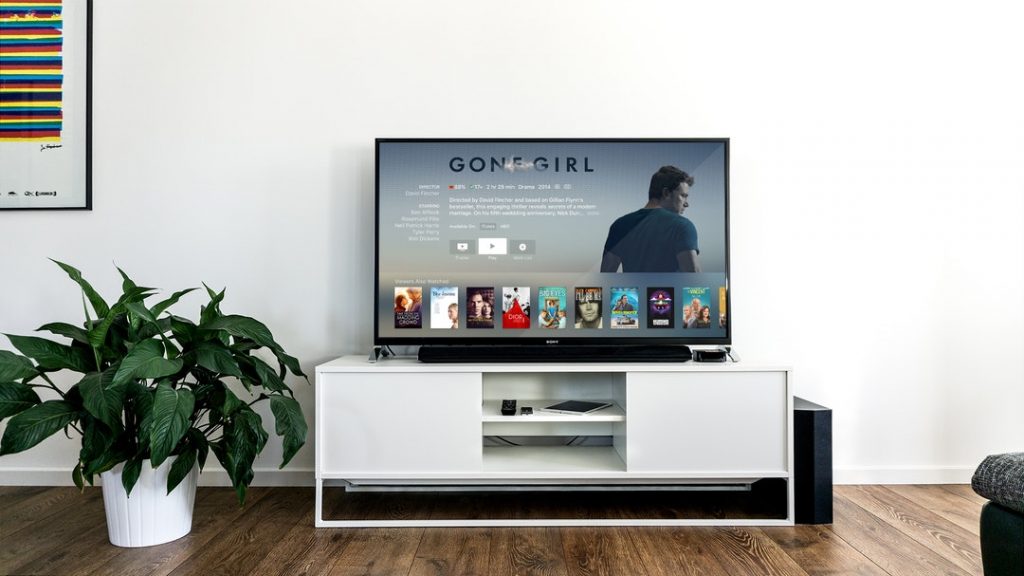Press Power: How Watching TV Can Actually Be Good for Kids
Since the 1980s parents have been wary of the effects of television on children’s learning. A meta-analysis of 34 studies performed in 2009, however, showed moderate positive effects for children.
More recent studies have gone further in examining how watching TV promotes learning. The more a child comprehends, the more they learn. This is an essential feedback loop.
Viewers who receive more positive reinforcement seek out less TV. So a positive experience while watching TV reduces the interest in watching more.
When you put those factors together, you understand that positive viewing outcomes increase learning and cut down on TV at the same time.
Benefits of Watching TV
For those of you thinking it all sounds too good to be true, know that it isn’t quite that simple. Nothing about educating children ever is.
The following benefits have data to back them up. They’re also easy to test in your own home.
Enhanced Comprehension
The secret to better comprehension comes from engagement. When you, as a parent, engage with a child in watching and asking questions about programs, they get more out of it.
A part of this is about interaction: the attention and care. The other part is the reinforcement of comprehension which feeds back into further understanding.
Worldwide Exposure
Watching top TV shows from around the world provide exposure to information and cultures. Information that would have been mindboggling a century ago. With more smart TV options providing programming upon request, parents have more control to create a full palette of viewing.
Many of the best TV shows no longer exist on channel packages, instead, they go to streaming services. Many streaming services have started making their own content, as well.
The offerings from an IPTV make it possible to give children something they haven’t experienced but will like. Many of these programs emulate each other, which makes it easy to appeal to a repetitive viewer while providing new content.
Grow Analytic Skills
Despite thoughts about the lack of inquisitive interactivity of television, the opposite can be true. Parents that ask questions between viewings and engage with the material help children get more out of it.
Kids watching TV want to be engaged, and entertainment is only one part of that. Asking questions about the motivation of characters, the structure of a story, and narrative detail all contribute. Ask a child to explain what they think will happen in the next episode, then reward them if they are correct.
This instills a sense of inquisitiveness and also helps them to understand the power of media. Watching a film based on a book and reading the book with the child show the ways interpretations and translations change a work.
Engage with the Times
The power of watching TV is not in dispute. The important thing to learn is about the ways that power can be leveraged to help children explore and grow. Obviously, limiting viewing time and a diverse set of other activities are important.
For more ideas on ways to engage with the world read more stories on our blog.

